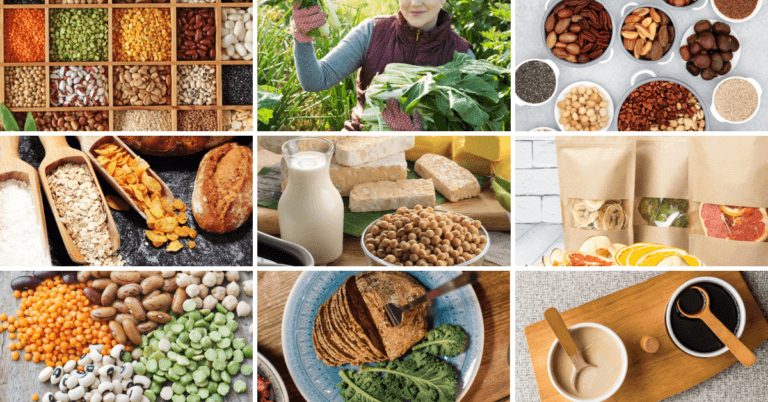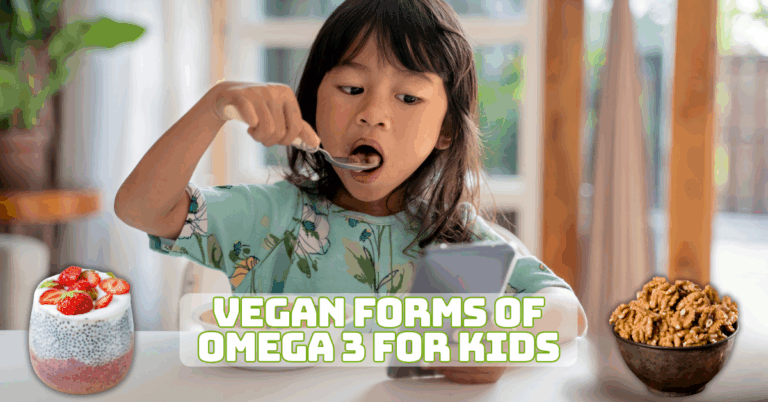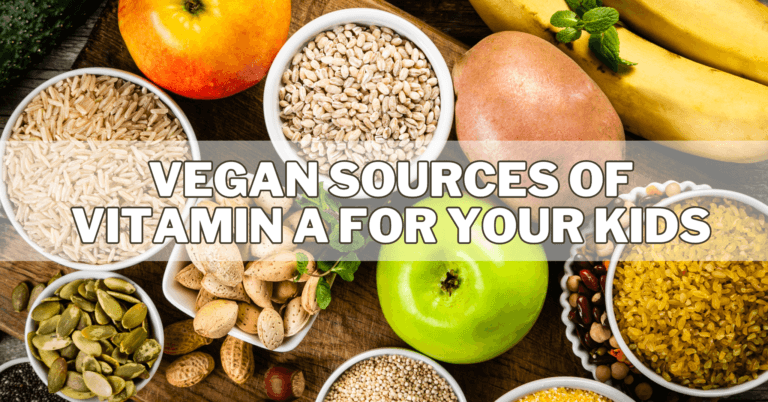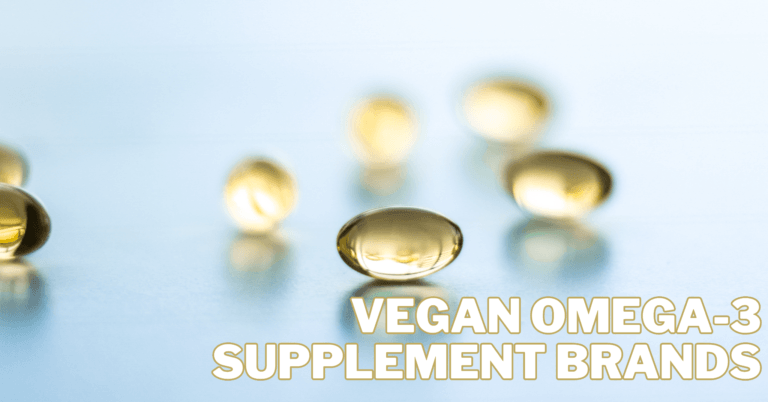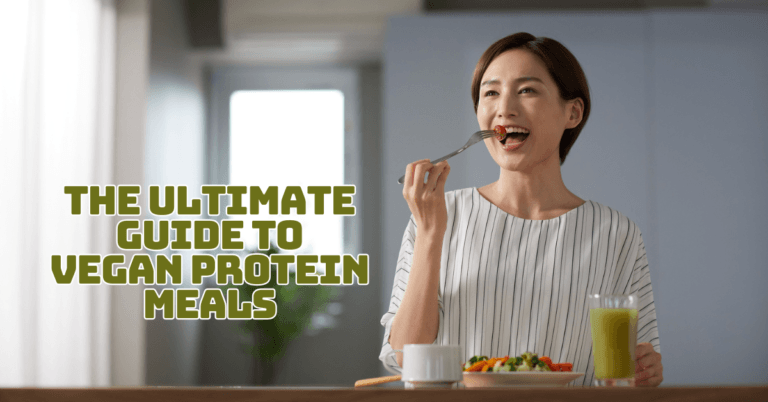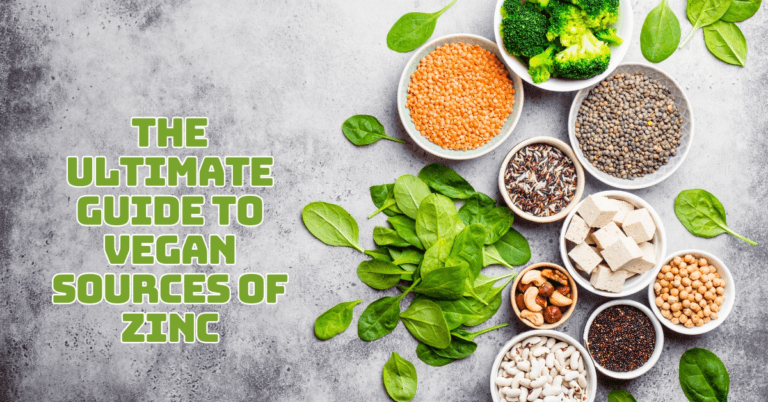Unlocking The Power Of Vegan Vitamin A
Unlocking The Power Of Vegan Vitamin A
The quest for plant-based alternatives to essential nutrients like vitamin A has intensified in a world increasingly embracing sustainable and compassionate lifestyles.
As traditional associations with animal-derived sources wane, the spotlight shifts to nature's abundant provision of plant-based sources rich in provitamin A carotenoids.
Vitamin A is a cornerstone of human nutrition, profoundly affecting various aspects of health and well-being.
Traditionally, vitamin A has been predominantly associated with animal-derived sources.
However, with the rise of veganism and the increasing emphasis on sustainable and cruelty-free lifestyles, the spotlight has shifted towards plant-based alternatives.
Fortunately, nature provides abundant plant-based sources rich in provitamin A carotenoids, offering sustainable and ethical means of meeting vitamin A requirements.
This article delves into the importance of vegan vitamin A, explores its vegan sources, and provides insights on unlocking its full potential in plant-based diets.
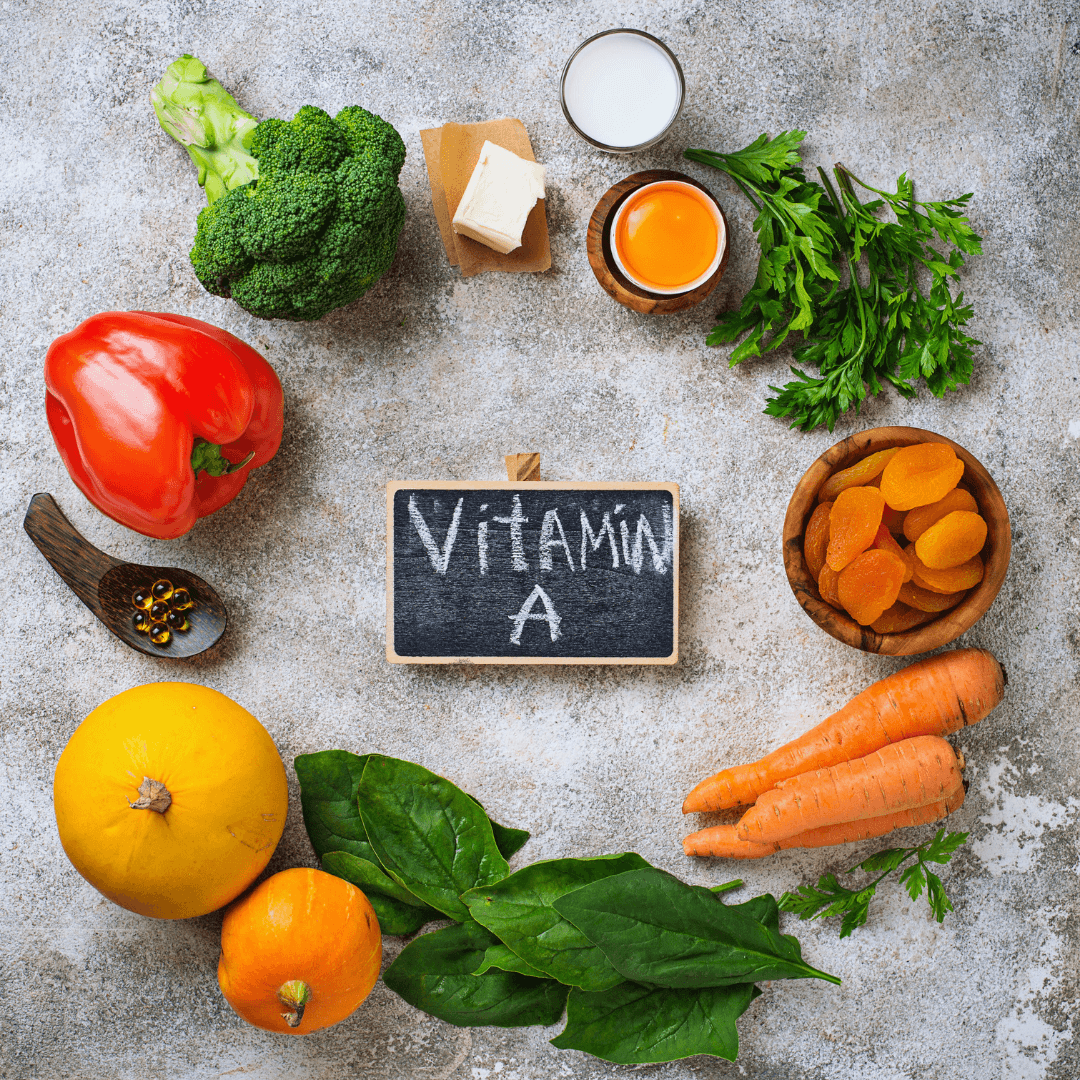
What Is Vegan Vitamin A?
Vegan vitamin A refers to vitamin A obtained from plant-based rather than animal-derived sources. Vitamin A has two main forms: preformed vitamin A (retinol) and provitamin A carotenoids.
While provitamin A carotenoids are widely distributed in fruits and vegetables, preformed vitamin A can be found in animal products, including dairy, eggs, and liver.
In a vegan diet, individuals obtain vitamin A primarily from provitamin A carotenoids, as they do not consume animal products.
Beta-carotene is the most prevalent provitamin A carotenoid in plant foods, including carrots, sweet potatoes, spinach, kale, and pumpkin.
Colourful fruits and vegetables include beta-cryptoxanthin and alpha-carotene, two more provitamin A carotenoids.
When consumed, the body converts provitamin A carotenoids into active vitamin A (retinol) as needed.
Enzymes in the liver and intestines mostly catabolically convert carotenoid molecules into retinol.
The body then utilizes retinol for various physiological functions, including maintaining vision, supporting immune function, promoting skin health, and aiding reproduction.
Vegan vitamin A offers a sustainable and cruelty-free alternative to obtaining this essential nutrient, aligning with vegan principles that advocate compassion for animals and the environment.
By incorporating a variety of colourful fruits and vegetables into their diets, vegans can ensure an adequate intake of provitamin A carotenoids, thus meeting their vitamin A requirements while enjoying the health benefits of a plant-based lifestyle.
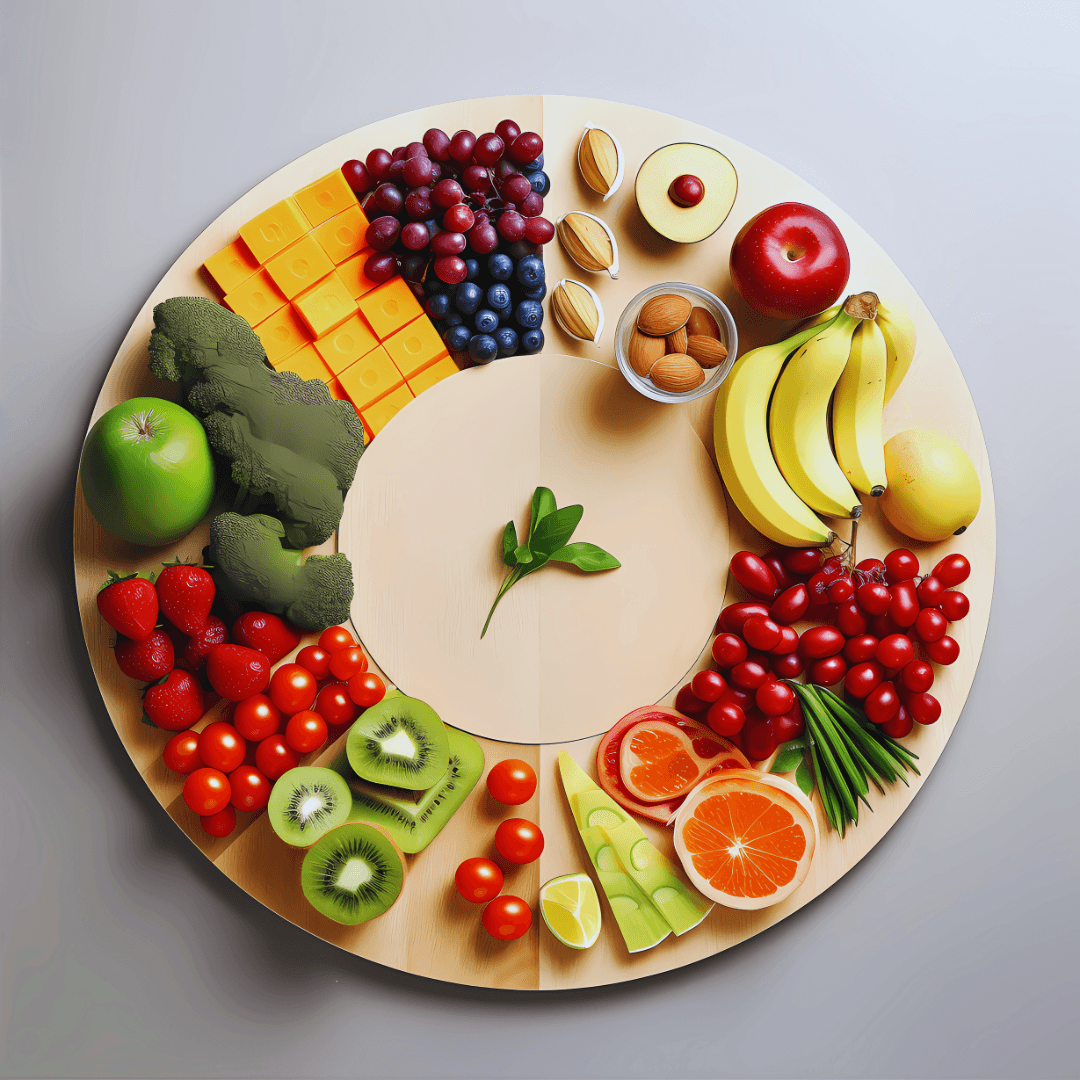
What Are The Richest Sources Of Vegan Vitamin A?
The richest source of vitamin A varies depending on whether you are considering preformed vitamin A (retinol) or provitamin A carotenoids.
Preformed vitamin A is found primarily in animal products, particularly the liver, while provitamin A carotenoids are abundant in certain plant-based foods.
Here, we will explore both sources, including vegan Vitamin A, in detail:
Preformed Vitamin A
The preformed vitamin A, commonly known as retinol, is a critical nutrient essential for various physiological functions in the human body.
It is vital to preserving good vision, boosting immunity, fostering healthy skin, and assisting reproduction.
Preformed vitamin A is mostly obtained from foods produced by animals, as opposed to vegan vitamin A found in plant-based diets.
Among the richest sources of preformed vitamin A is the liver, particularly from beef.
The liver is renowned for its exceptionally high vitamin A concentrations, making it a prized food source in many cultures worldwide.
Consuming liver provides the body with a potent dose of this essential nutrient, supporting overall health and well-being.
In addition to liver, fish liver oils such as cod liver oil are notable sources of preformed vitamin A.
These oils provide significant amounts of vitamin A and contain omega-3 fatty acids, which offer additional health benefits.
Cod liver oil and similar fish liver oils are often consumed as dietary supplements to bolster vitamin A intake, especially in regions where access to fresh liver may be limited or in populations with dietary restrictions.
Furthermore, dairy products and egg yolks contribute modest amounts of preformed vitamin A to the diet.
While these sources may not contain as high vitamin A concentrations as liver or fish liver oils, they still affect overall dietary intake.
Dairy products and eggs are good sources of additional vitamin A for people who might not eat liver or fish liver oils daily.
Despite the importance of preformed vitamin A in the diet, consuming animal-derived foods containing this nutrient in moderation is crucial.
Excessive intake of preformed vitamin A can lead to toxicity, known as hypervitaminosis A, which may cause adverse effects such as nausea, dizziness, headaches, and even liver damage.
Therefore, it is essential to maintain a balanced diet and be mindful of portion sizes when incorporating animal-derived sources of vitamin A.
As a result, they are a great option for increasing dietary intake of vitamin A. Their vivid orange flesh indicates their high beta-carotene concentration.
They are essential for fulfilling dietary vitamin A needs. These compounds serve as precursors to active vitamin A within the body, offering a sustainable and cruelty-free alternative for individuals following plant-based diets.
Provitamin A
Among the richest sources of provitamin, carotenoids are vibrant and colourful fruits and vegetables.
Sweet potatoes stand out as a powerhouse of beta-carotene, a prominent provitamin A carotenoid.
Their deep orange flesh signifies their high beta-carotene content, making them an excellent choice for boosting dietary vitamin A intake.
As the body requires vitamin A, beta-carotene is converted into active vitamin A, ensuring that nutritional needs are met effectively.
Incorporating sweet potatoes into meals provides a rich source of vitamin A and offers a host of other essential nutrients, making them a valuable addition to any diet.
Similarly, carrots are renowned for their rich beta-carotene content, which gives them their characteristic orange hue.
Regular consumption of carrots can significantly contribute to vegan vitamin A intake while providing various health benefits.
Whether enjoyed raw as a crunchy snack or incorporated into different dishes, carrots offer a convenient and delicious way to enhance overall nutrition.
Leafy greens, like kale and spinach, are excellent providers of provitamin A carotenoids.
While they may not boast the vibrant orange colour of sweet potatoes and carrots, these greens are packed with nutrients, including beta-carotene.
Incorporating spinach and kale into salads, smoothies, or cooked dishes can help boost vitamin A levels in the diet while promoting overall health and well-being.
Furthermore, pumpkin, another orange-coloured vegetable, adds taste and nutrition to various dishes because it is a rich source of vegan Vitamin A (beta-carotene).
Whether roasted, pureed, or incorporated into soups and stews, pumpkin offers a versatile way to increase vitamin A intake while adding depth of flavour to dishes.
Provitamin A carotenoids found in plant-based foods offer a diverse and sustainable source of vitamin A for individuals following vegan or vegetarian diets.
It is important to include colourful fruits and vegetables in meals to get an appropriate intake of vegan vitamin A, which can assist in meeting nutritional requirements while improving general health and well-being.
By embracing these nutrient-rich foods, individuals can unlock the power of provitamin A carotenoids and enjoy the benefits of a plant-based lifestyle.
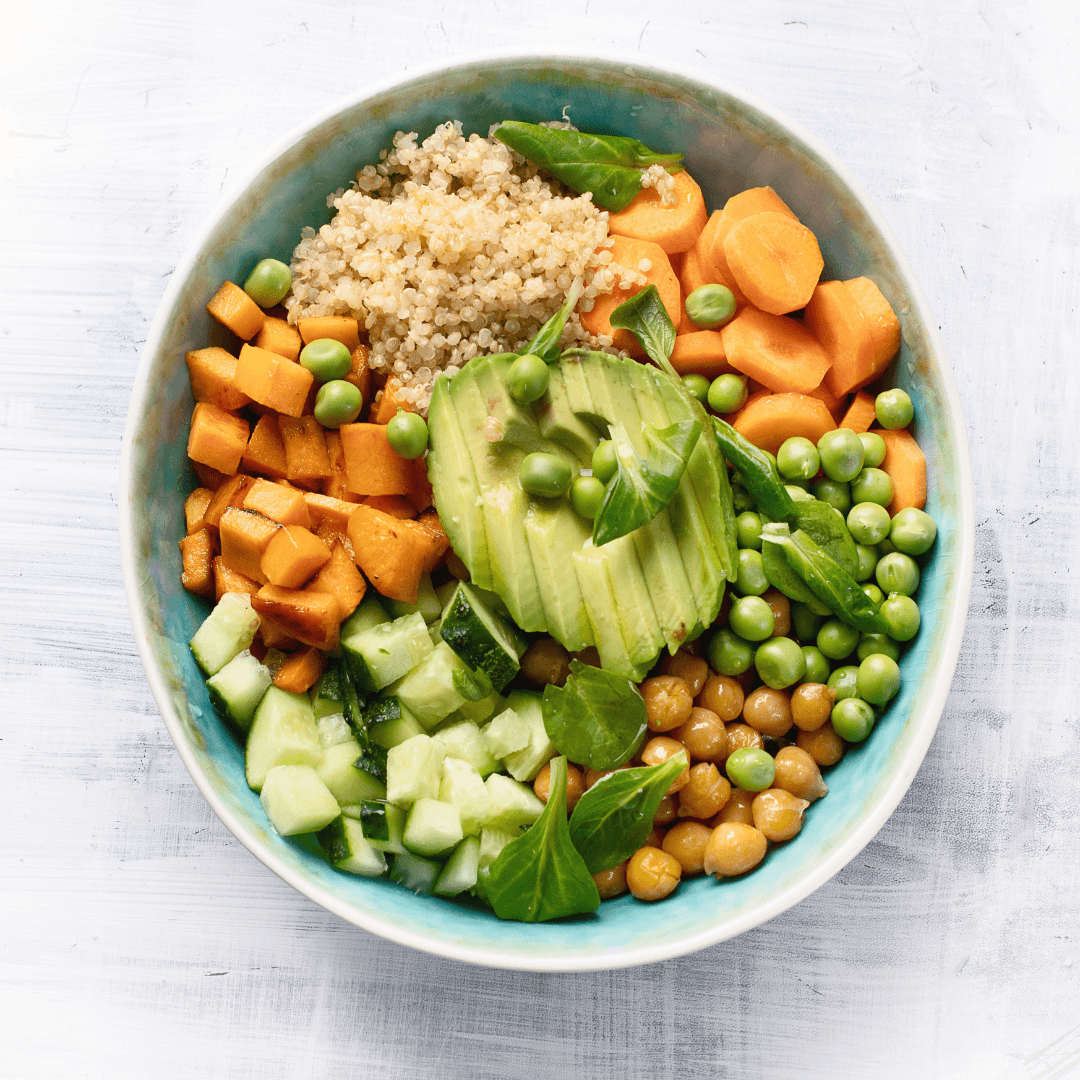
Importance Of Vitamin A For Vegans
One cannot emphasize the significance of vitamin A for vegans, as this vital component is critical to preserving general health and well-being.
While it is commonly associated with animal-derived sources, such as liver and dairy products, vegans can obtain adequate amounts of vegan vitamin A from plant-based sources known as provitamin A carotenoids.
Understanding the significance of vitamin A for vegans requires delving into its various physiological functions and exploring the plant-based sources available to meet dietary needs.

1. Vision Health
Keeping your vision at its best, especially in low light, requires vitamin A. Within the retina, it forms a crucial component of rhodopsin, a light-sensitive protein pivotal for capturing and transmitting light signals to the brain, especially for night vision.
Insufficient vitamin A intake can impair vision, particularly in dim lighting. This can lead to conditions like night blindness or difficulties adjusting to light levels.
For individuals adhering to a vegan diet, obtaining vitamin A from plant-based sources rich in provitamin A carotenoids becomes paramount for supporting healthy vision without relying on animal-derived sources.
Including an array of colourful fruits and vegetables, such as sweet potatoes, carrots, spinach, and kale, in their diet ensures an ample intake of beta-carotene.
This compound serves as a precursor to vitamin A within the body, allowing the body to synthesize the necessary vitamin A levels for optimal eye health and function.
By prioritizing these nutrient-dense plant foods, vegans can effectively maintain their vision health and reduce the risk of vision-related complications.

2. Immune Function
Vitamin A is paramount in bolstering immune function. T cells, B cells, and macrophages are just a few of the immune cells that depend on it for the development and differentiation process to form efficient immune responses against infections.
Vitamin A also exerts regulatory effects on inflammation and supports the integrity of mucosal barriers, such as those found in the respiratory and gastrointestinal tracts.
These barriers serve as the body's initial defence against infections, helping to prevent pathogens from entering the bloodstream.
For vegans, ensuring sufficient levels of vegan vitamin A through plant-based sources is imperative for optimizing immune function and mitigating the risk of infections.
By incorporating a variety of colourful fruits and vegetables rich in provitamin A carotenoids, such as sweet potatoes, carrots, spinach, and kale, into their diets, vegans can fortify their immune systems and enhance their ability to combat pathogens effectively.
Maintaining adequate vitamin A levels is essential for overall health and well-being, particularly in immune function and disease resistance.

3. Skin Health
Vitamin A is a cornerstone in maintaining healthy skin, orchestrating vital processes such as cellular turnover, repair, and regeneration.
Within the epidermis, it plays a pivotal role in regulating the production of keratinocytes, the primary cells responsible for skin structure and function.
Vitamin A also promotes the manufacture of collagen, an essential structural protein that gives skin strength and suppleness and makes the skin appear younger.
Vitamin A also helps to prevent clogged pores and acne by regulating the production of sebum, the skin's natural oil.
Because of its anti-inflammatory qualities, it is also very helpful in treating skin disorders like eczema and acne, where inflammation is a major factor.
Incorporating plant-based sources of provitamin A carotenoids into the diet is essential for vegans to support overall skin health and radiance.
Colourful fruits and vegetables rich in beta-carotene, such as sweet potatoes, carrots, spinach, and kale, provide a readily available source of provitamin A that the body can convert into active vitamin A as needed.
By including these nutrient-dense foods in their diet, vegans can nourish their skin from within, promoting a clear, glowing complexion and supporting optimal skin function.
Maintaining adequate vitamin A levels is vital for vegans to ensure healthy skin and mitigate the risk of skin-related issues, which can contribute to overall well-being and confidence.
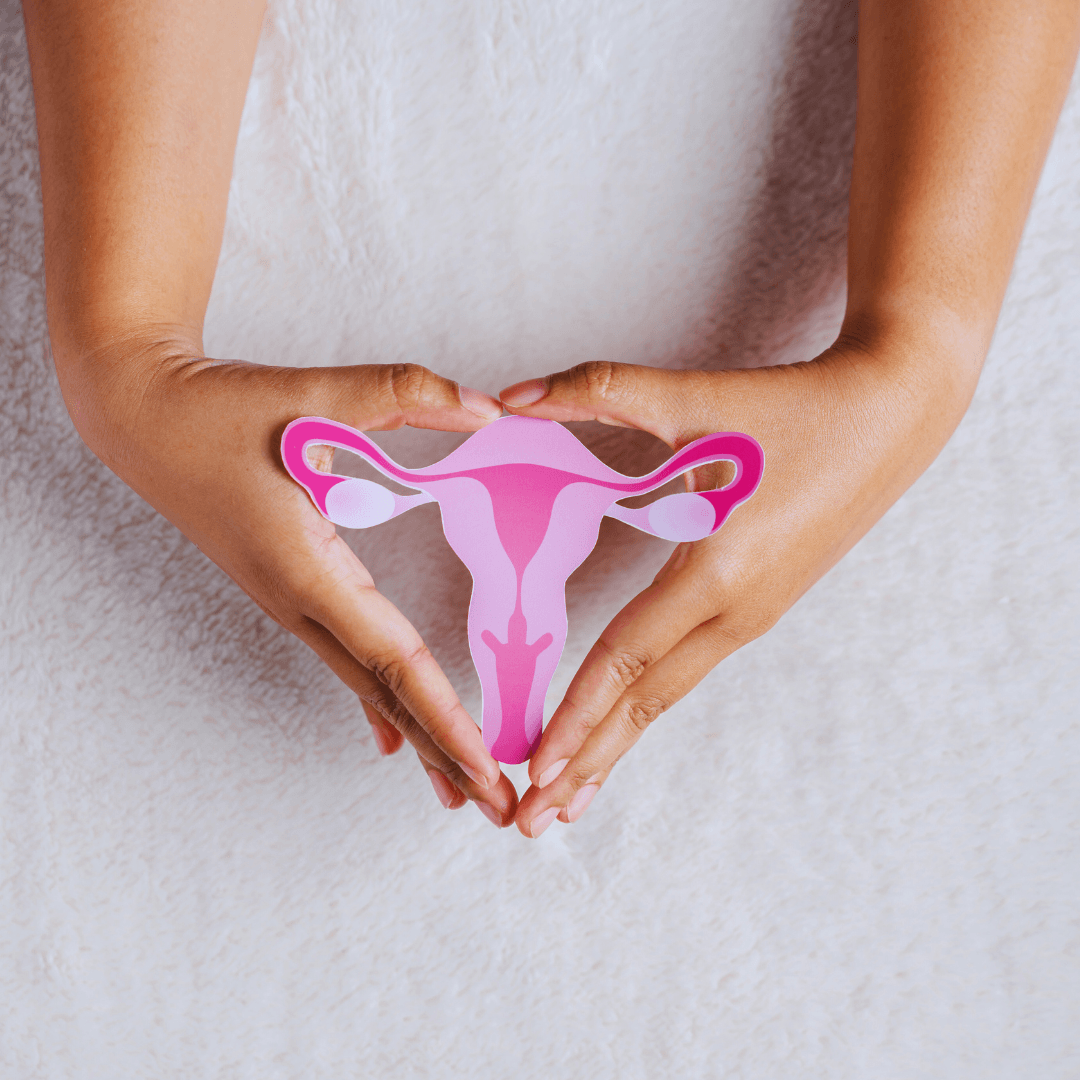
4. Reproduction
Vitamin A is crucial in supporting reproductive health in both males and females. In males, it is intricately involved in spermatogenesis, the process of sperm production, and contributes to maintaining normal sperm morphology and motility.
Adequate vitamin A levels are essential for optimizing male fertility and ensuring the production of healthy, functional sperm.
Similarly, vitamin A is indispensable for ovarian function, follicular development, and hormone regulation in females.
It supports the growth and maturation of ovarian follicles, essential for ovulation and the release of mature eggs.
Additionally, vitamin A regulates hormone levels, including those involved in the menstrual cycle and reproductive processes.
Vitamin A becomes even more critical for maternal and fetal health during pregnancy.
Adequate vitamin A intake is crucial for fetal growth and development, particularly in forming vital organs such as the eyes, central nervous, and respiratory systems.
Vitamin A deficiency during pregnancy can increase the risk of developmental abnormalities and congenital disabilities.
Getting enough vegan vitamin A is crucial for vegans who are trying to get pregnant or are already pregnant to promote reproductive health and provide the best possible outcome for mother and child.
Colourful fruits and vegetables rich in provitamin A carotenoids, such as sweet potatoes, carrots, and leafy greens, provide an accessible and nutritious source of vitamin A that can be incorporated into the diet to support reproductive health during all stages of life, from conception to pregnancy and beyond.

5. Growth And Development
Indeed, vitamin A plays a critical role in embryonic development, influencing various aspects of fetal growth and organogenesis.
Vitamin A acts as a signalling molecule in the developing embryo, regulating gene expression in cell differentiation, proliferation, and morphogenesis.
Ensuring the proper creation of the central nervous system is especially important for developing the neural tube, which is the predecessor to the brain and spinal cord.
Furthermore, vitamin A plays a pivotal role in skeletal development, contributing to the formation of bones and cartilage.
It helps regulate the differentiation and activity of osteoblasts, the cells responsible for bone formation, ensuring the proper growth and mineralization of skeletal tissues.
Moreover, vitamin A is essential for developing other vital organs, including the heart and lungs.
It contributes to the differentiation and maturation of cardiac muscle cells, ensuring the proper formation and function of the heart.
Additionally, vitamin A influences lung development, promoting the growth and branching of airways and alveoli, critical for respiratory function.
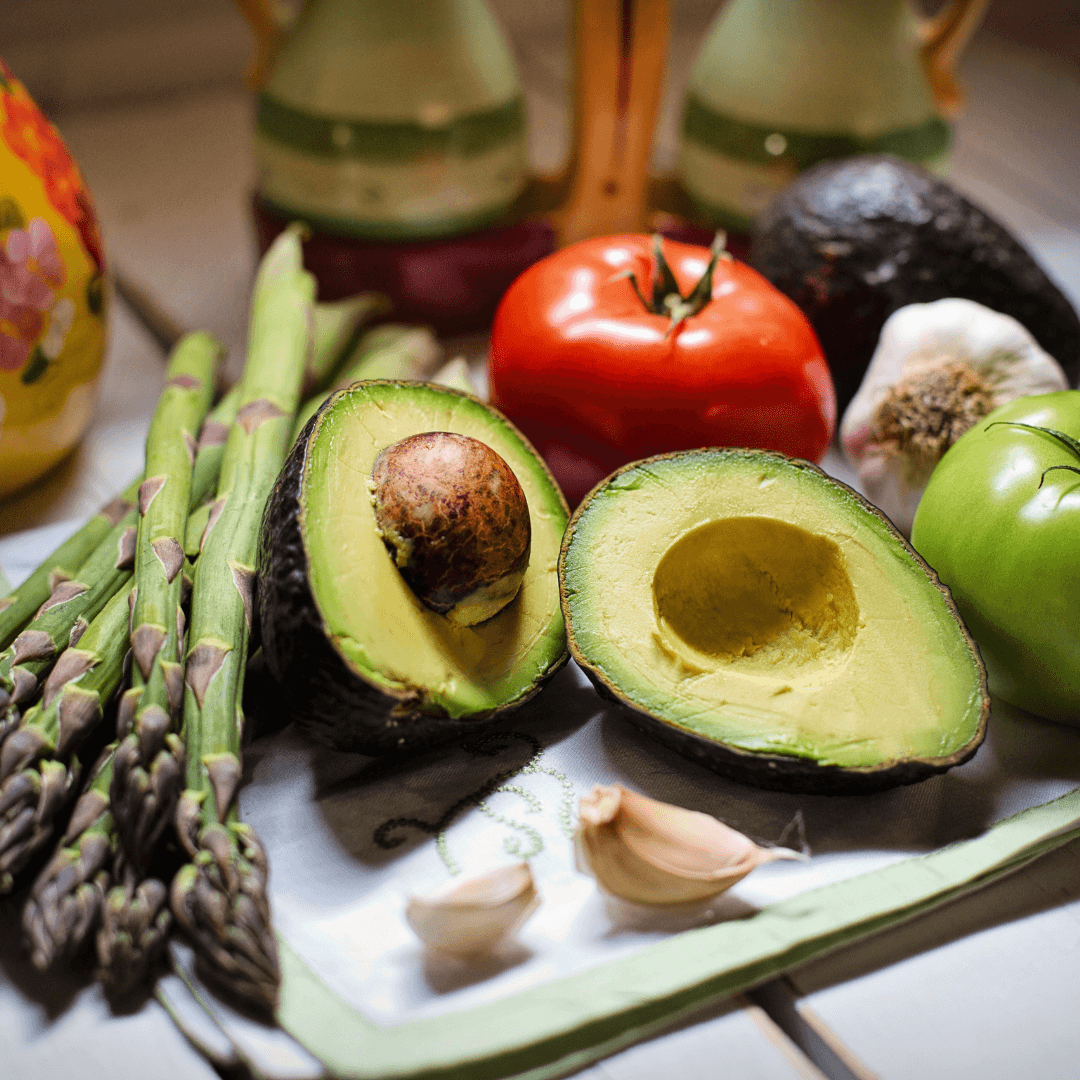
Are Vegans Deficient In Vitamin A?
Vitamin A deficiency is less common in developed countries but can still occur in populations with limited access to a diverse diet or specific dietary restrictions, such as vegans.
Vegans exclude all animal-derived foods from their diet, including rich sources of preformed vitamin A like liver, eggs, and dairy products.
Instead, they rely on plant-based sources of provitamin A carotenoids, which the body can convert into active vitamin A as needed.
Provitamin A carotenoids are abundant in colourful fruits and vegetables, with beta-carotene being the most well-known and efficiently converting carotenoids into vitamin A.
However, other carotenoids such as alpha-carotene and beta-cryptoxanthin also contribute to vitamin A intake.
While some research suggests that converting provitamin A carotenoids to vitamin A may vary depending on genetics and overall dietary composition, a well-balanced vegan diet typically provides adequate amounts of these carotenoids to meet vitamin A requirements.
Vegans can obtain provitamin A carotenoids from plant-based foods, including sweet potatoes, carrots, spinach, kale, pumpkin, mangoes, and apricots.
Additionally, fortified foods such as plant-based milk alternatives and breakfast cereals may contribute to vegans' vitamin A intake, as they are often fortified with vitamin A in the form of retinyl palmitate or beta-carotene.
While plant-based foods offer a rich array of provitamin A carotenoids, several factors may heighten the risk of vitamin A deficiency among vegans.
One significant concern is the potential for limited variety in the vegan diet. If individuals predominantly consume a narrow range of foods, they may inadvertently restrict their intake of carotenoid-rich options.
Although they may receive sufficient amounts of provitamin A carotenoids from various fruits, vegetables, and other plant-based sources, they are more susceptible to insufficiency.
Moreover, low consumption of carotenoid-rich foods poses a similar risk. Suppose vegans prioritize foods low in carotenoids or must incorporate enough colourful fruits and vegetables into their diet. If so, they might have to fulfill their vitamin A needs while being vegan.
This deficiency can occur even if they consume a wide range of plant-based foods, highlighting the importance of deliberately including carotenoid-rich options in vegan meals.
Additionally, individuals with gastrointestinal disorders may experience impaired absorption of carotenoids, further exacerbating the risk of vitamin A deficiency.
Conditions like Crohn's, celiac, or certain gastrointestinal surgeries can compromise nutrient absorption, including fat-soluble compounds like carotenoids.
Consequently, even if vegans consume ample provitamin A carotenoids, they might not be able to absorb these nutrients well enough, resulting in low vitamin A levels in vegans.
Furthermore, inadequate fat intake can hinder the body's absorption of carotenoids. Carotenoids are fat-soluble compounds, meaning they require the presence of dietary fats for optimal absorption.
Provitamin A carotenoids may be difficult for vegans to absorb effectively if they consume low-fat diets or don't incorporate sources of good fats in their meals.
As a result, despite consuming sufficient carotenoid-rich foods, they may still experience vitamin A deficiency due to impaired absorption.
To mitigate the risk of vitamin A deficiency, vegans should focus on consuming diverse, colourful fruits and vegetables, ensuring a rich intake of provitamin A carotenoids.
Including healthy fats such as nuts, seeds, avocados, and oils in the diet can also enhance the absorption of carotenoids.
Moreover, routinely checking vegans' vitamin A levels and speaking with a medical practitioner or trained nutritionist will help guarantee they are getting enough nutrients and are healthy overall.
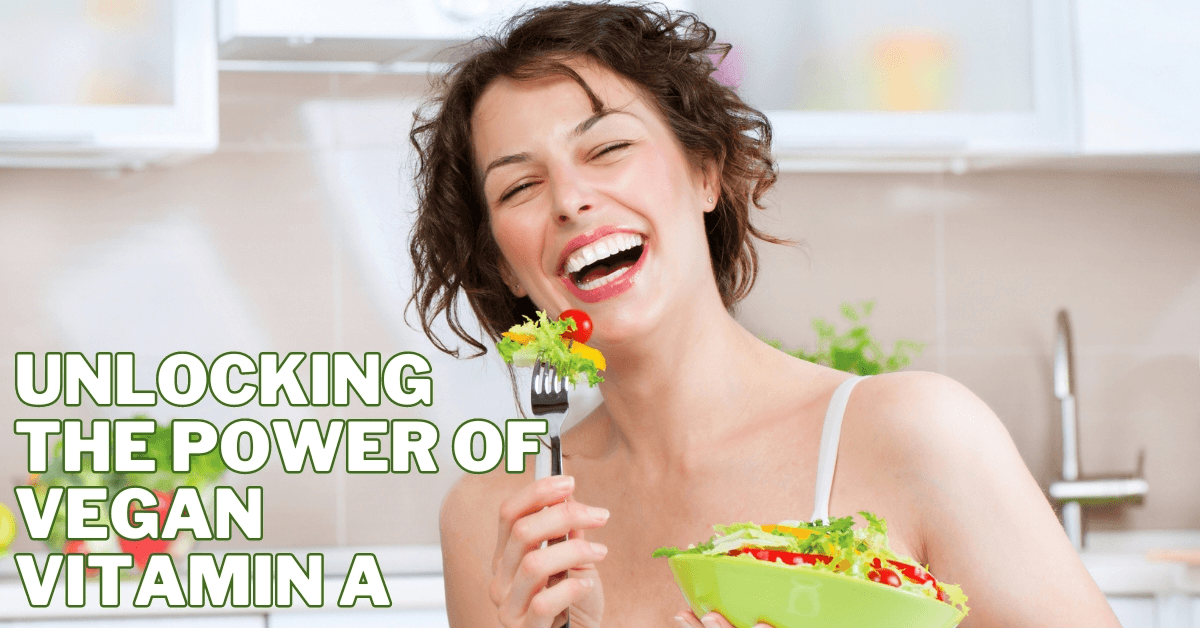
Conclusion
In conclusion, “Unlocking the Power of Vegan Vitamin A” sheds light on the significance of this vital nutrient within a vegan diet.
Vegan vitamin A, primarily sourced from plant-based foods rich in provitamin A carotenoids, is a sustainable and cruelty-free alternative to traditional animal-derived sources.
While the richest sources of preformed vitamin A are typically found in animal products such as liver and dairy, vegans can obtain ample amounts of vitamin A from colourful fruits and vegetables like sweet potatoes, carrots, spinach, and kale.
The importance of vitamin A for vegans cannot be overstated. It plays a crucial role in maintaining optimal vision, supporting immune function, promoting skin health, and contributing to reproductive health.
Despite the availability of provitamin A carotenoids in plant-based foods, vegans may be at risk of deficiency.
However, by adopting a well-balanced and diverse vegan diet that includes a variety of colourful plant foods and healthy fats, individuals can mitigate the risk of vitamin A deficiency and support their overall health and well-being.
I trust you enjoyed this article about Unlocking The Power Of Vegan Vitamin A. Please stay tuned for more blog posts soon. Take care!
JeannetteZ
>>>Please click here to read my Vegan Travel Guides To World Destinations<<<
>>>Want To Learn How To Create Delicious, Cruelty-Free, Healthy AND 100% Vegan Meals? Try These Awesome Vegan Cooking Courses With A Free 7-DAY MEMBERSHIP<<<
Your Opinion Is Important To Me
Do you have thoughts, ideas, or questions? I would love to hear from you. Please leave me your questions, experiences, and remarks about the Unlocking The Power Of Vegan Vitamin A article in the comments section below. You can also reach me by email at Jeannette@LivingTheVeganLifestyle.org.
Disclosure
This post may contain affiliate links. I earn from qualifying purchases as an Amazon Associate and other affiliate programs. Please read my full disclosure.
Here are links to some of my favourite articles:
Best Vegan Food Sources Of Vitamin D

